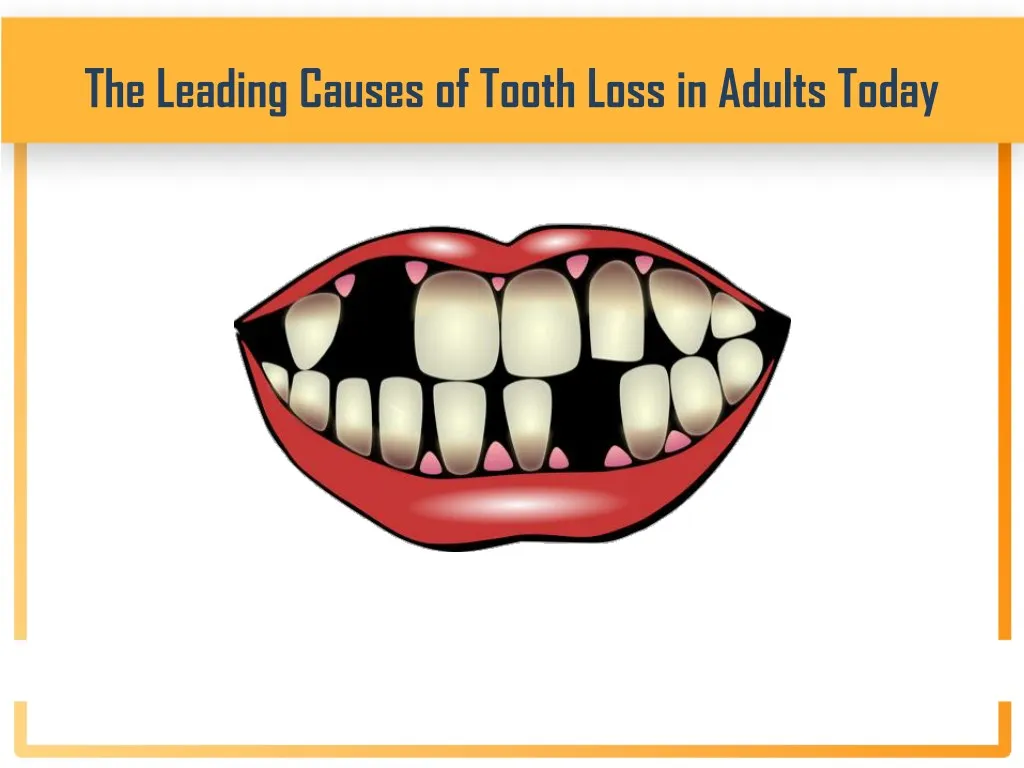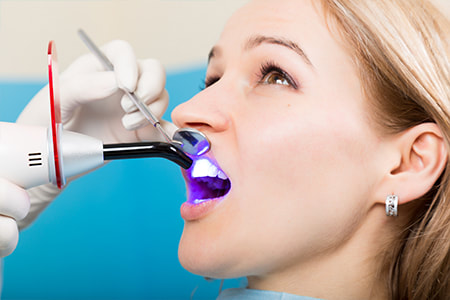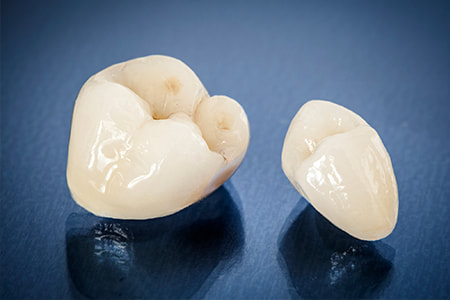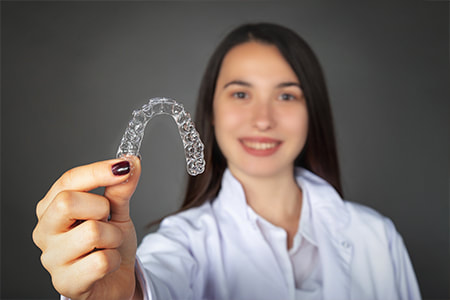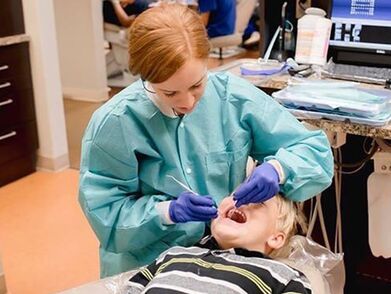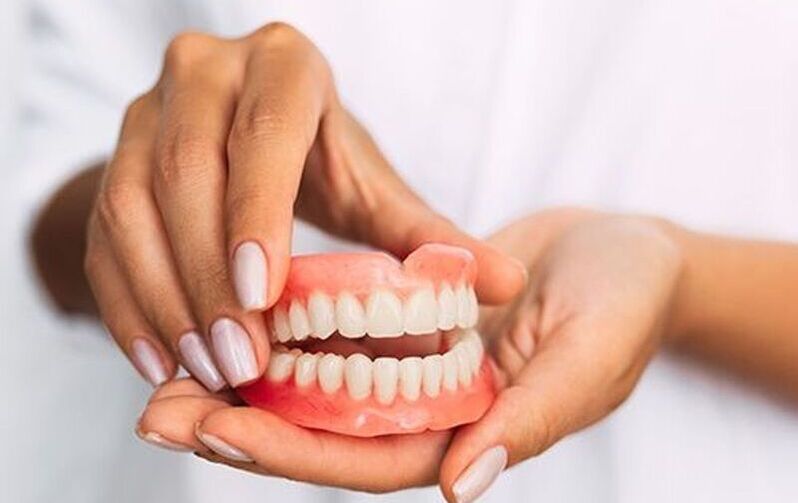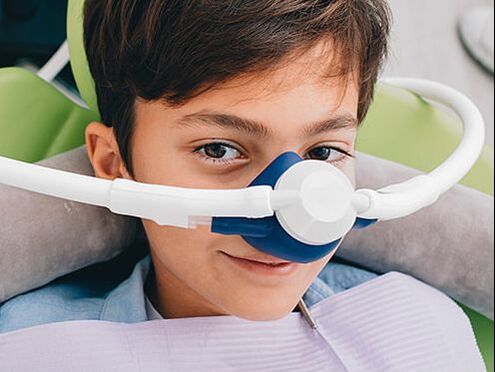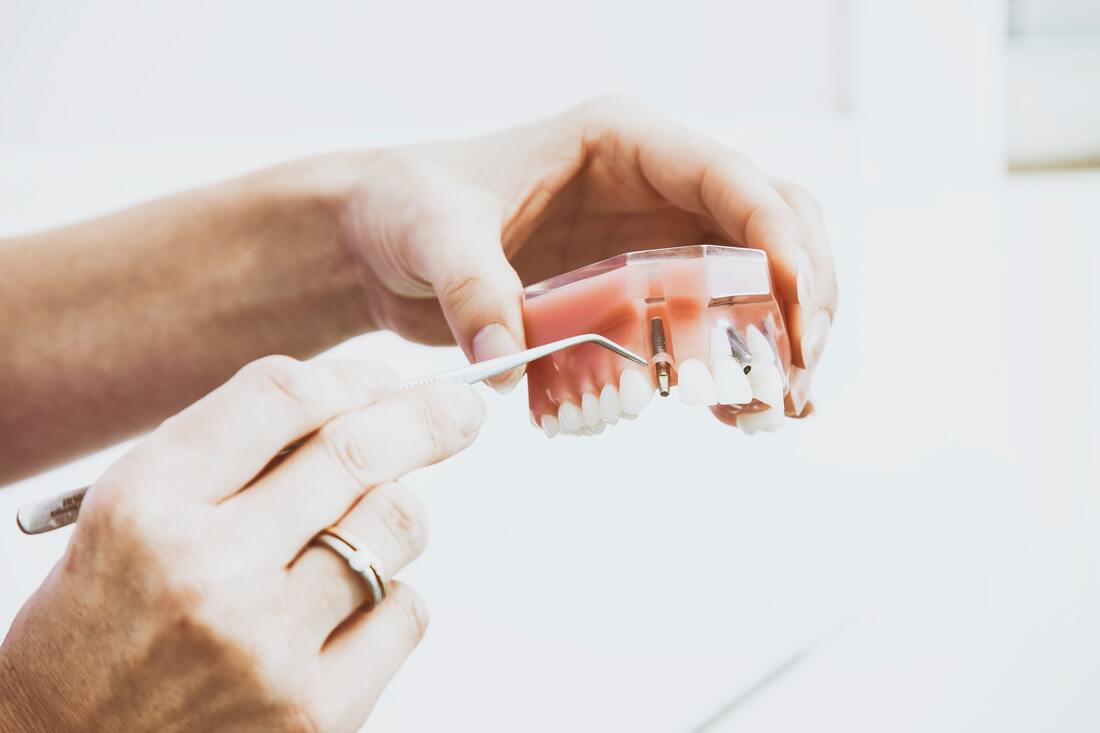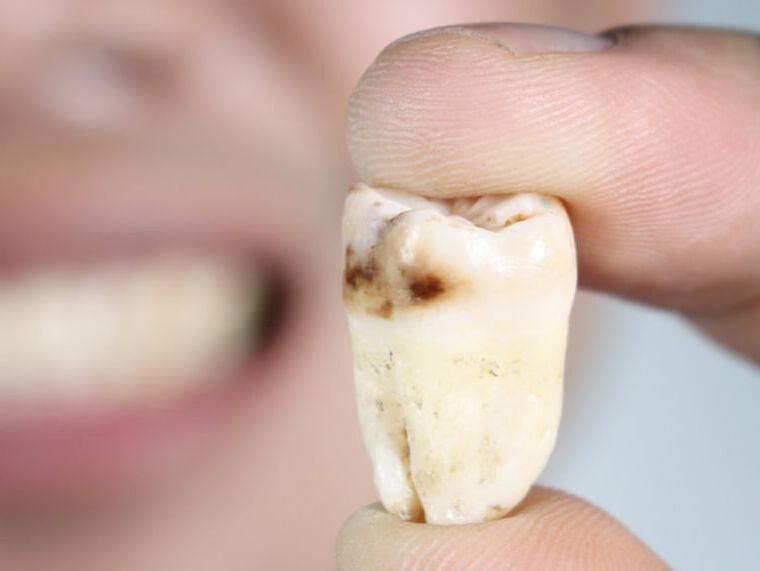Pediatric dentistry covers oral care for children. From routine cleanings to family education and pediatric urgent care in Brooklyn- we have you covered. Your kids’ dentist handles any dental emergency and every oral health procedure. The best doctor for your children has experience with special needs children and children’s dental emergencies.
Family Cosmetic & Implants Dentistry of Brooklyn has a friendly staff and an experienced team of doctors. Our office is comfortable, calm, and clean. We ensure you and your kids will enjoy the experience. Make an appointment today to see the difference and get the best treatment.
Pediatric dentistry is a specialized form of general dentistry. Not only does a pediatric dentist in Brooklyn have to know how to relate to children of all ages, he has to understand the complexities of a mouth that’s still developing. At Family Cosmetic & Implants Dentistry of Brooklyn, you’ll find the best pediatric dentist in NYC: a caring professional who provides the best care for your children’s oral health.
Pediatric dentistry of Brooklyn involves all types of dental problems, from filling ordinary cavities to being there to treat emergency sports injuries. Your toddler dentist in Brooklyn is adept at handling scared kids, boisterous babies, and children with special needs. Our center for pediatric dentistry doctors are certified special needs, pediatric dental specialists, for kids of all ages.
A Compassionate Toddler Dentist in Brooklyn
Your pediatric specialist in Brooklyn will tell you to bring your children in for their very first dental checkup when their first teeth erupt. He can make the experience fun for your children while showing them the right way to brush. Education, for you and for your children, is one of the goals of pediatric dentistry. Forming good habits while kids are young translates into healthier teeth and gums when they’re older.
The best dentist for kids checks their oral health during these early visits, including:
- The health of their gums
- The orientation of emerging teeth
- Problems with crowding or gaps between teeth
- Teething or bite issues
Not being afraid of the doctor encourages your children to come back for future cleanings and treatment. It’s one more reason to pick a dentist and stick with him. This way your children get to know and trust your family dentist.
Services for Children
The best children’s dentist delivers pain-free solutions for most dental problems.
The services available at dentist at Family Cosmetic & Implants Dentistry of Brooklyn include:
- Teeth cleaning as part of a regular bi-annual exam
- Fluoride treatments
- Periodontal disease treatment
- White fillings for repairing a hole in a tooth
- Root canals for damaged permanent teeth
- Dental Sealants to keep their teeth safe
- White crowns to repair broken teeth
- Teeth straightening, a common orthodontic procedure
- Clear braces to make adjustments without a mouthful of metal
- Invisalign retainers, an invisible way to straight teeth
- Teeth whitening and other cosmetic procedures
- Temporomandibular joint (TMJ) treatment
From babies who put everything in their mouths to teens who suffer sports injuries, your kids need the best pediatric dentist to keep their mouths healthy and their smiles bright. Pediatric dentistry for teens may also involve protecting permanent teeth. When you start with a good pediatric dentist in Brooklyn who’s also a family tooth practitioner, you can continue seeing him for your whole life.
Family Cosmetic & Implant Dentistry of Brooklyn
2148 Ocean Ave, Ste 401,
Brooklyn, NY 11229
(718) 339-8852
Web Address https://www.dentistinbrooklyn.com/
Our location on the map: https://goo.gl/maps/ryGk7UuvoUBX4xX77
https://plus.codes/87G8J25V+C8 Brooklyn
Nearby Locations:
Midwood | Marine Park | Madison | Homecrest | Mapleton
11230 | 11234 | 11229 | 11204
Working Hours:
Monday: CLOSED
Tuesday: 10:00 am - 7:00 pm
Wednesday: 10:00 am - 7:00 pm
Thursday: 10:00 am - 7:00 pm
Friday: 10:00 am - 7:00 pm
Saturday: 9:00 am - 5:00 pm
Sunday: CLOSED
Payment: cash, check, credit cards.


:max_bytes(150000):strip_icc():format(webp)/top-common-dental-problems-1059461_color1-5c1afdd346e0fb0001efc715.png?profile=RESIZE_710x)
